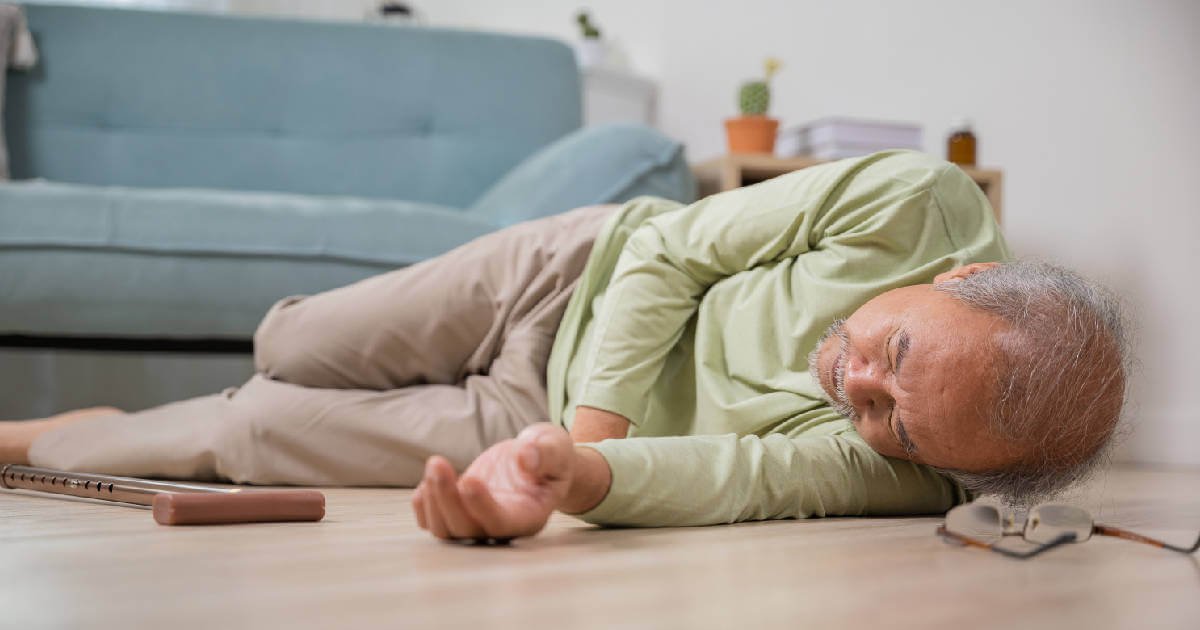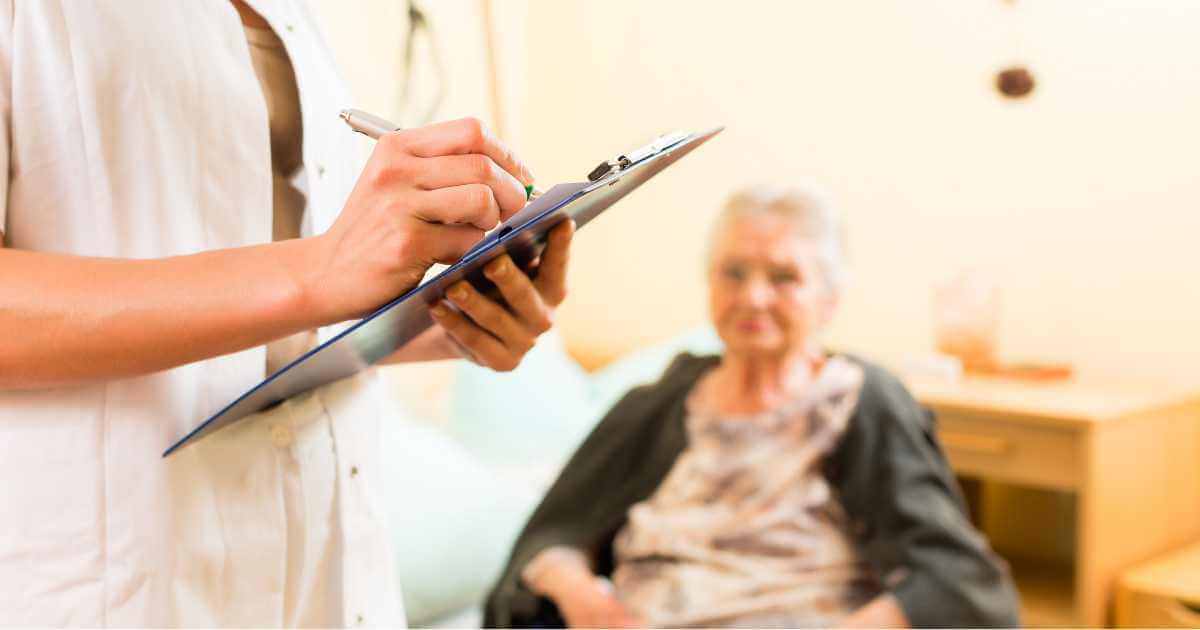People over the age of 65 are now the largest population group in our country.
Unfortunately, falls are now becoming common discussions in our society. Perhaps what needs to come first in those discussions is how to prevent the first fall.
Each year, millions of older people—those 65 and older—fall. In fact, more than one out of four older people fall each year. Less than half of those who take a fall tell their doctor. It surprises many to learn that falling once doubles your chances of falling again.
As an occupational therapist with over 30-years experience working with patients I am a believer in educating people and providing them with tools to keep a person independent and being able to participate in the everyday, purposeful activities of daily life.
Below are some ways to prevent a fall, stay healthy, and be able to live your best life at any age!
My Guide to how to prevent a fall
- Changes in your vision due to cataracts, glaucoma and macular degeneration can cause changes in depth perception and blind spots that often lead to a fall. Be sure to get annual eye exams! Vision is directly related to how you interact with the environment and can be a major factor in falling.
- Weakness in your legs and feet or changes in sensation of your feet due to peripheral neuropathy can affect your balance and result in falls.
Exercising daily if possible has been proven to be the most important way to prevent falls. If you are able to participate in cardiovascular exercise – 15 to 20 minutes a day five days a week you will see an improvement in balance and reaction time. Additionally specific balance exercises such as yoga, pilates, or tai chi are beneficial along with daily stretching all can help with preventing a fall or being able to recover from a fall. - Walking is part of everyday life. When you are at risk for a fall it is smart to use assistive devices, such as a cane, walker or walking sticks. These tools are especially helpful when you are out in the community, it also reminds others not to crowd you, to hold a door for you and give you a place to sit if needed
- Most seniors I meet would prefer to stay in their homes as long as they can safely. With the largest percentage of falls happening in a person’s home it is smart to start looking at safety in your home and what home modifications may need to happen. I recommend starting with a Safety Inspection being done in your home. There are professionals who provide this service and I am happy to recommend several to you. They cover such things as:
- Grab bars in the bathroom – in the shower and around the toilet
- Lighting – automatic lights in bathrooms and bedrooms or use of night lights are helpful
- Reduction of clutter –piles of books/papers and pet toys are common cause of falls
- Remove throw rugs or use the low pile non skid rugs
- Be aware of electrical cords – can be tripping hazards
- Clear pathways from bed to bathroom and around the living room
- Use of a shower seat when showering
- Medications – if taking more than 3 pills a day it is recommended that a pill organizer be used to avoid side effects that can happen when medications are taken improperly.
- Always wear proper footwear, especially if you have lower leg neuropathy, or lack of control of your feet.
- Keep your cell phone in an easy to reach pocket, or fanny pack or in your walker basket – or use a “life- Line” in case you fall and need to call for help.
If you follow these recommendations, you will have a much improved ability to avoid falls. If you have any questions, please contact me.





